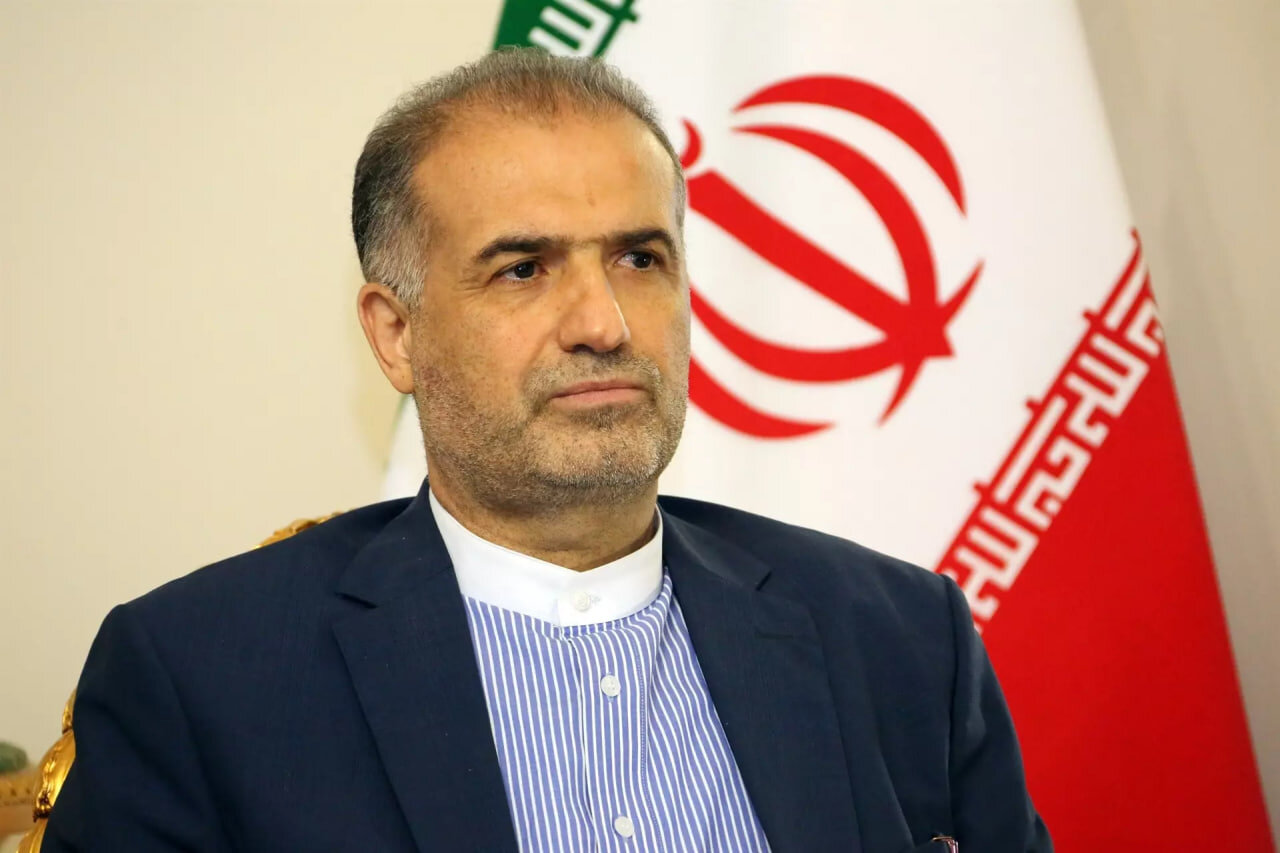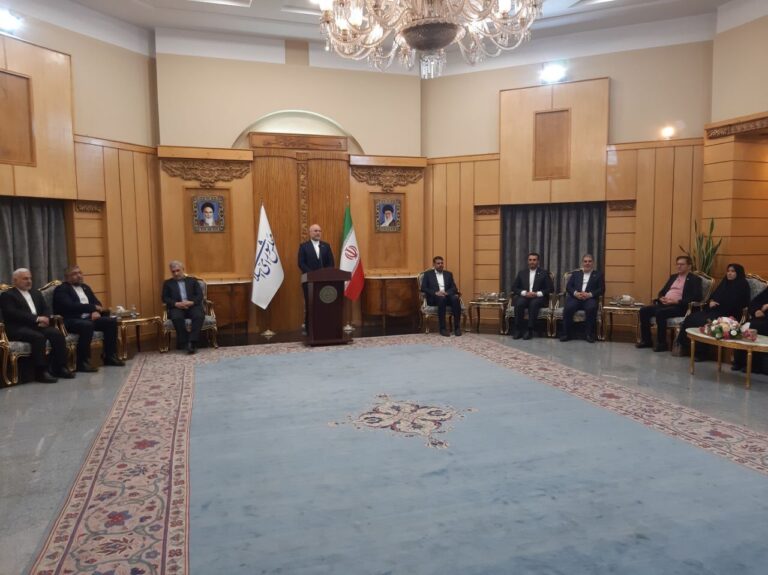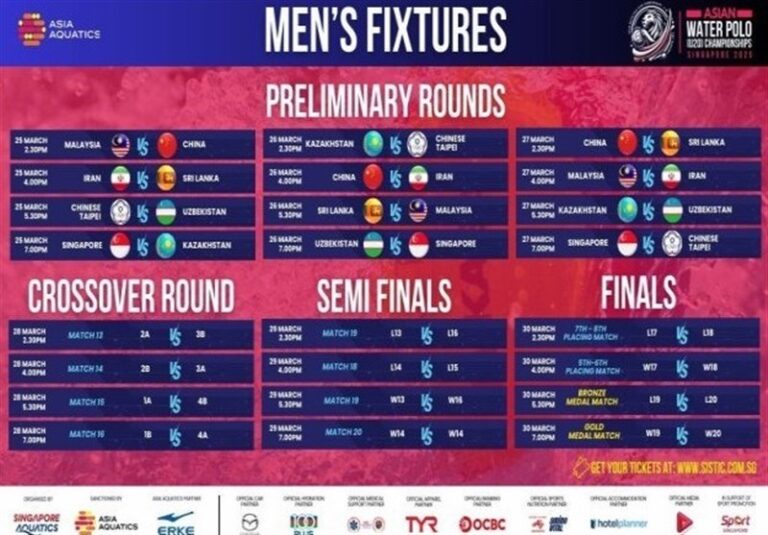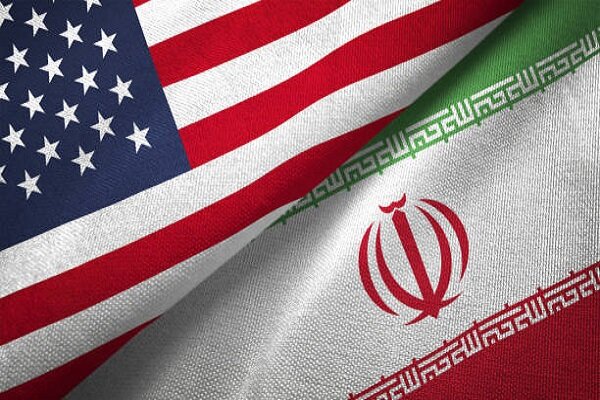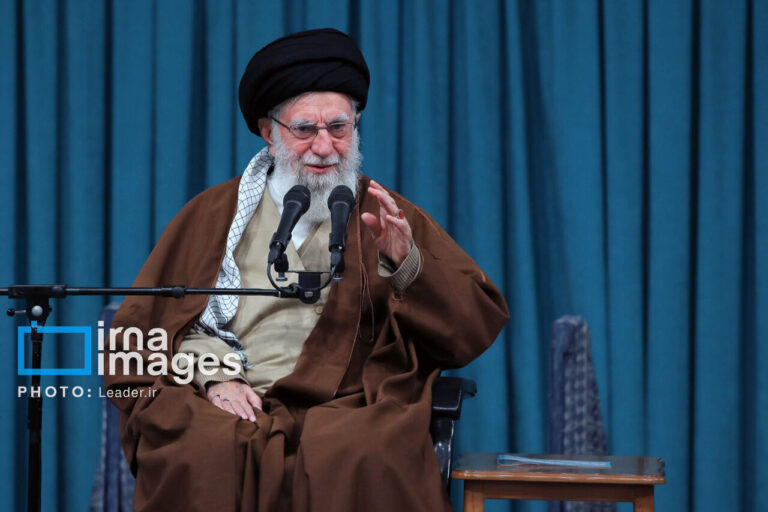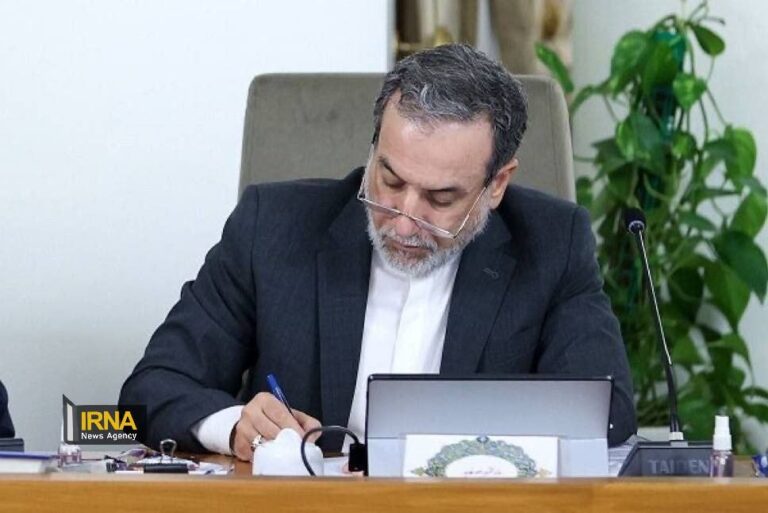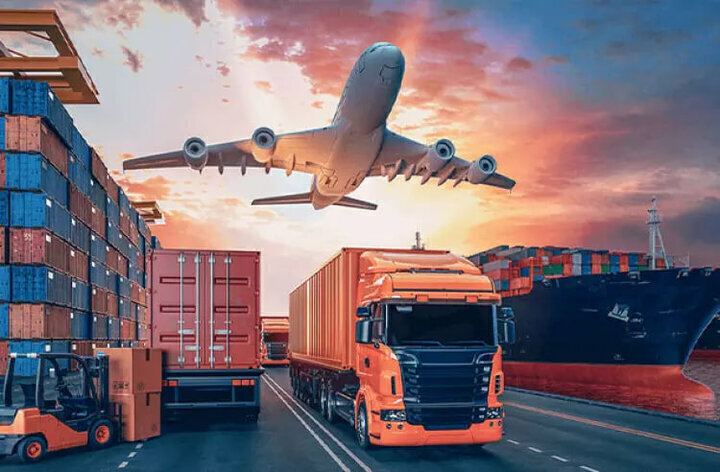Iran and Russia Unveil Ambitious 20-Year Strategic Roadmap for Cooperation
In a rapidly evolving global landscape, the relationship between the Islamic Republic of Iran and the Russian Federation continues to strengthen, aiming for strategic cooperation over the next two decades. The recent article by a senior Iranian diplomat outlines a comprehensive roadmap designed to enhance collaboration between these two nations, focusing on mutual interests and regional stability.
As part of ongoing high-level engagements, His Excellency Dr. Abbas Araghchi, the Iranian Foreign Minister, is scheduled to visit Moscow on April 16, 2025. During this visit, he will meet with prominent Russian officials, including President Vladimir Putin and Foreign Minister Sergey Lavrov. A significant goal of this meeting is to convey a written message from the Leader of the Islamic Revolution to President Putin.
The Islamic Republic of Iran and the Russian Federation share unique characteristics that enhance their bilateral relationship. These include:
- Discourse and Identity: Both nations have distinct identities that shape their international discourse.
- Geographical Resources: Their geography, population, and rich mineral and energy resources contribute to their strategic importance.
- Human Capital: Both countries possess a national spirit and popular mobilization that bolster their influence.
- Political Governance: Their shared governance models allow for compatible political dialogue.
Iran and Russia have historically collaborated to promote values such as multilateralism, justice, and mutual respect. This partnership has become increasingly vital in defending each other’s interests within international forums. A shared perspective on many global issues has paved the way for a balanced and sustainable expansion of their bilateral relations.
One of the most pressing issues uniting the two countries is the impact of Western unilateralism, which highlights the necessity for broader cooperation in the future. The two nations have recognized that:
- Creating appropriate frameworks is essential for expanding consultations within regional and global mechanisms, notably the Shanghai Cooperation Organization, BRICS, and the Eurasian Economic Union.
- They must continue mutual support in countering unilateralism to lead the international system towards a multipolar and multidimensional order.
- A smart confrontation against hostile and unilateral Western sanctions is necessary to protect their national interests.
- Strengthening cooperation regarding Iran’s peaceful nuclear program and ongoing nuclear negotiations is crucial.
- Joint efforts to combat international terrorism, transnational organized crime, human trafficking, illicit financial flows, and drug trafficking must be enhanced.
- Ongoing consultations in regions of mutual interest, such as Central Asia, the South Caucasus, the Caspian Sea, Afghanistan, West Asia, and Africa, are essential for regional stability.
The signing of the Comprehensive Strategic Partnership Treaty on January 17, 2025, marks a significant milestone in Tehran-Moscow relations. This agreement, resulting from three years of negotiations, aims to establish a solid framework for future cooperation. A joint action plan is being developed to identify new collaboration areas and draft implementing documents aligned with this treaty.
Looking ahead, there is optimism that through diligent follow-up on the treaty’s provisions, relations between Iran and Russia will expand significantly across all governmental and societal levels. The Leader of the Islamic Revolution has emphasized that strengthening ties with neighboring countries and economic powers like Russia, China, and India is a rational policy that aligns with national interests.
The Comprehensive Strategic Partnership Treaty and Iran’s observer membership in the Eurasian Economic Union play crucial roles in deepening economic relations. These initiatives aim to increase trade volume and boost commercial activities between Iran and Russia. Notably, a comprehensive free trade agreement between Iran and the member states of the Eurasian Economic Union will come into effect on May 15, 2025. This agreement will eliminate customs tariffs on over 80% of traded goods between Iran and member countries, including Russia, Armenia, Belarus, Kazakhstan, and Kyrgyzstan.
As Iran and Russia continue to build their relationship based on principles of friendship and neighborhood, their ties are increasingly intertwined. The ratification of the Strategic Partnership Treaty by the Russian Parliament is viewed as a pivotal step toward advancing bilateral relations.
In conclusion, His Excellency Dr. Araghchi’s upcoming visit to Moscow serves as a vital opportunity to realize strategic cooperation between Iran and Russia. The future of their partnership looks promising, with a strong focus on mutual interests and regional stability.
By fostering these ties, both nations are poised to make significant contributions to global peace and security.
